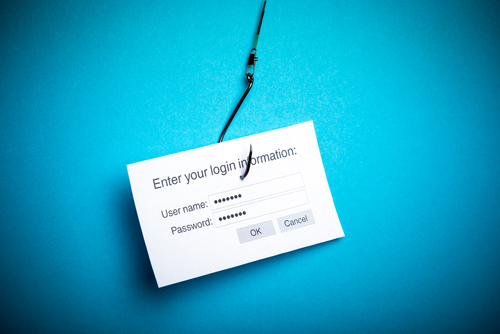Half of young people anticipate the death of passwords by 2020 as biometric security gains acceptance, research by Visa has revealed.
16 to 24 year old consumers in the UK have the greatest appetite for biometric security measures and the greatest need to use them in place of traditional authentication such as passwords. But the research suggests this generation’s approach to existing security options is placing them at greater risk of data or financial compromise.
It reveals that Generation Z (16-24 year olds) are more likely than older age groups to use only a single PIN number (32%) or password (14%) when protecting their personal data. In addition, this generation is more liberal in sharing their security information than older generations.
>See also: 8 in 10 Brits would ditch passwords for biometric security
More than a third (34%) have shared their debit or credit card PIN number with someone, versus 23% of all respondents, while 32% have shared their smartphone password, versus 10% of all respondents. More than a fifth have shared their internet banking password, versus 7% of all respondents.
This group is also more likely to find existing security measures an irritating step when paying for something (64% vs. 59% of all adults). Perhaps as a result, more than half of Generation Z believes that passwords and PIN codes will no longer be necessary by the end of the decade.
In their place, this group is keen to see biometric security, such as facial recognition, fingerprint and retina scans become available to replace them. Three-quarters (76%) of Generation Z would feel comfortable making a payment using biometric security and 69% believe this will make their lives faster and easier.
They also believe that, overall, biometrics are more secure than non-biometric identification methods. When asked to rate biometric forms of authentication on a scale of 1 to 10 (with 1 being least secure and 10 being most secure), generation Z awarded biometrics a 7 on average, compared with non-biometrics being rated a 6.
“We have more logins and passwords than ever to help keep us secure online and on the high street, but for Gen Z it just feels like an unnecessary burden,” said Jonathan Vaux, executive director at Visa Europe. “Biometric authentication using fingerprint recognition or retinal scans offers an ideal solution, combining unique security and ease of use. As products come online with these features integrated, we expect to see multiple passwords as the industry standard begin to decline.”
>See also: Smartphone fingerprint technology and its implications for data security
Of the new payment methods available to consumers, Generation Z is most keen on verification via fingerprint scanning. Nearly 70% of 16-24 year olds said they want to use this method rather than passwords by 2020.
Other methods that interest this generation include retina scans (39%) and facial recognition (27%), though voice recognition (12%), fast DNA samples (15%) and implanted chips (16%) remain less popular.







